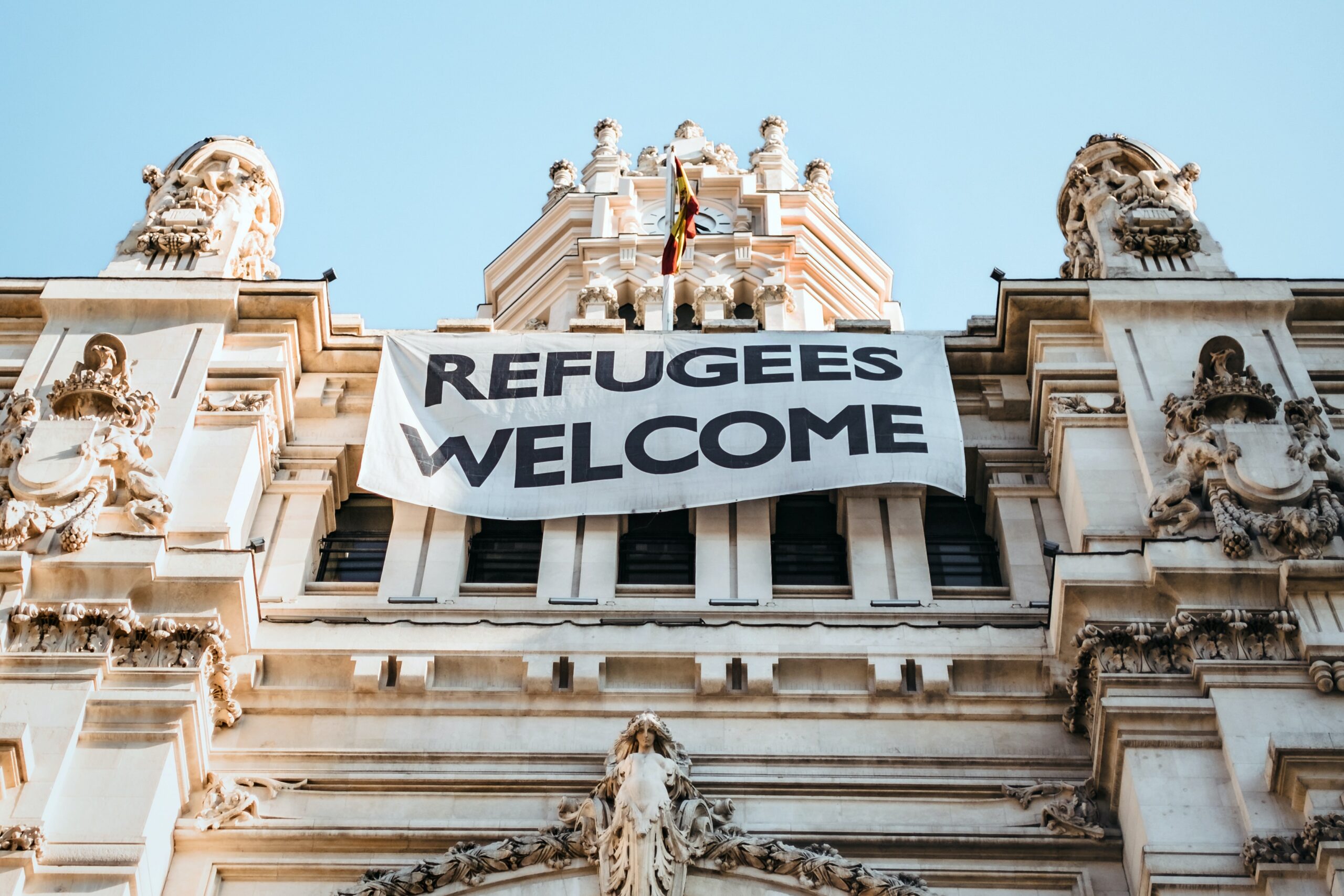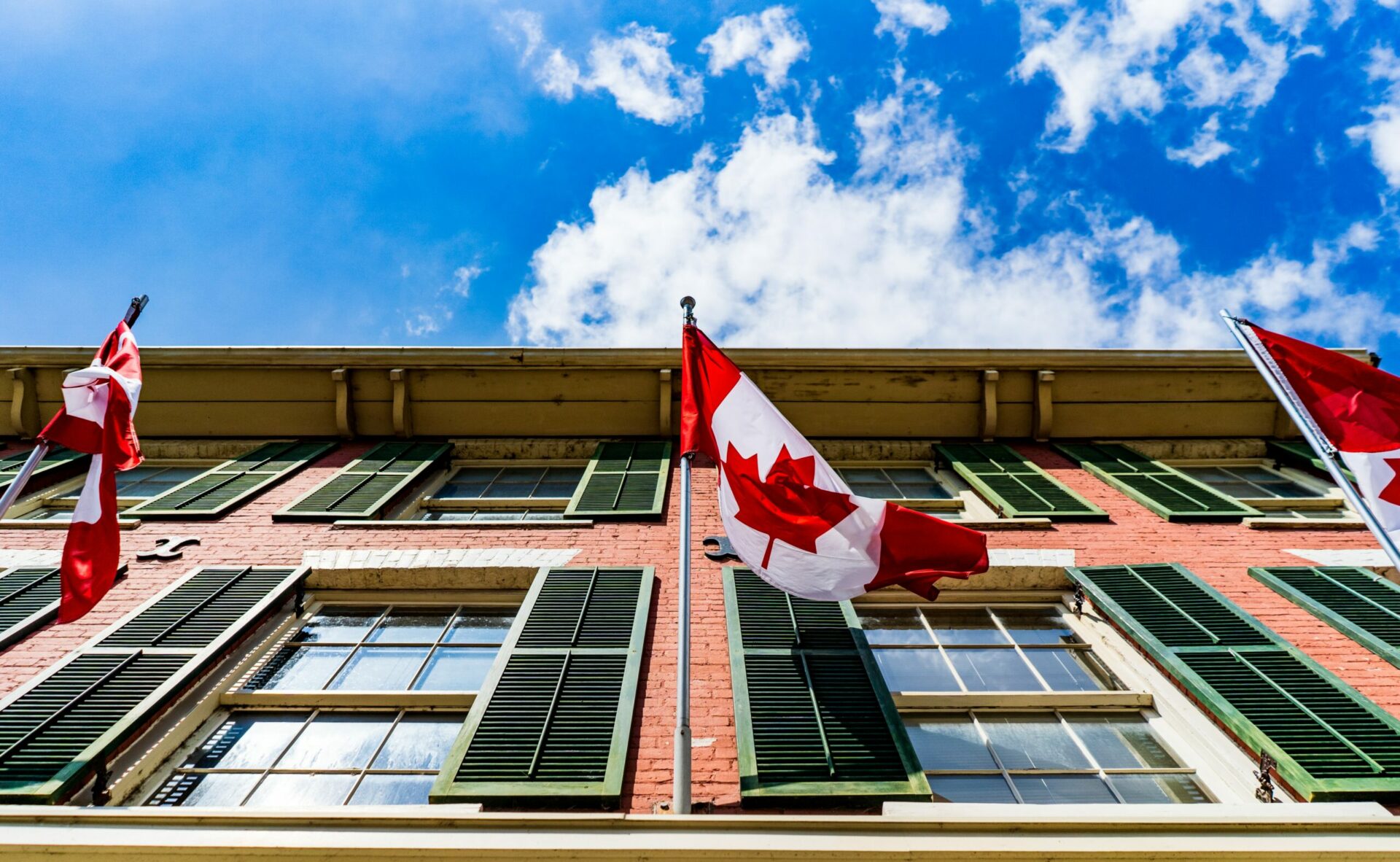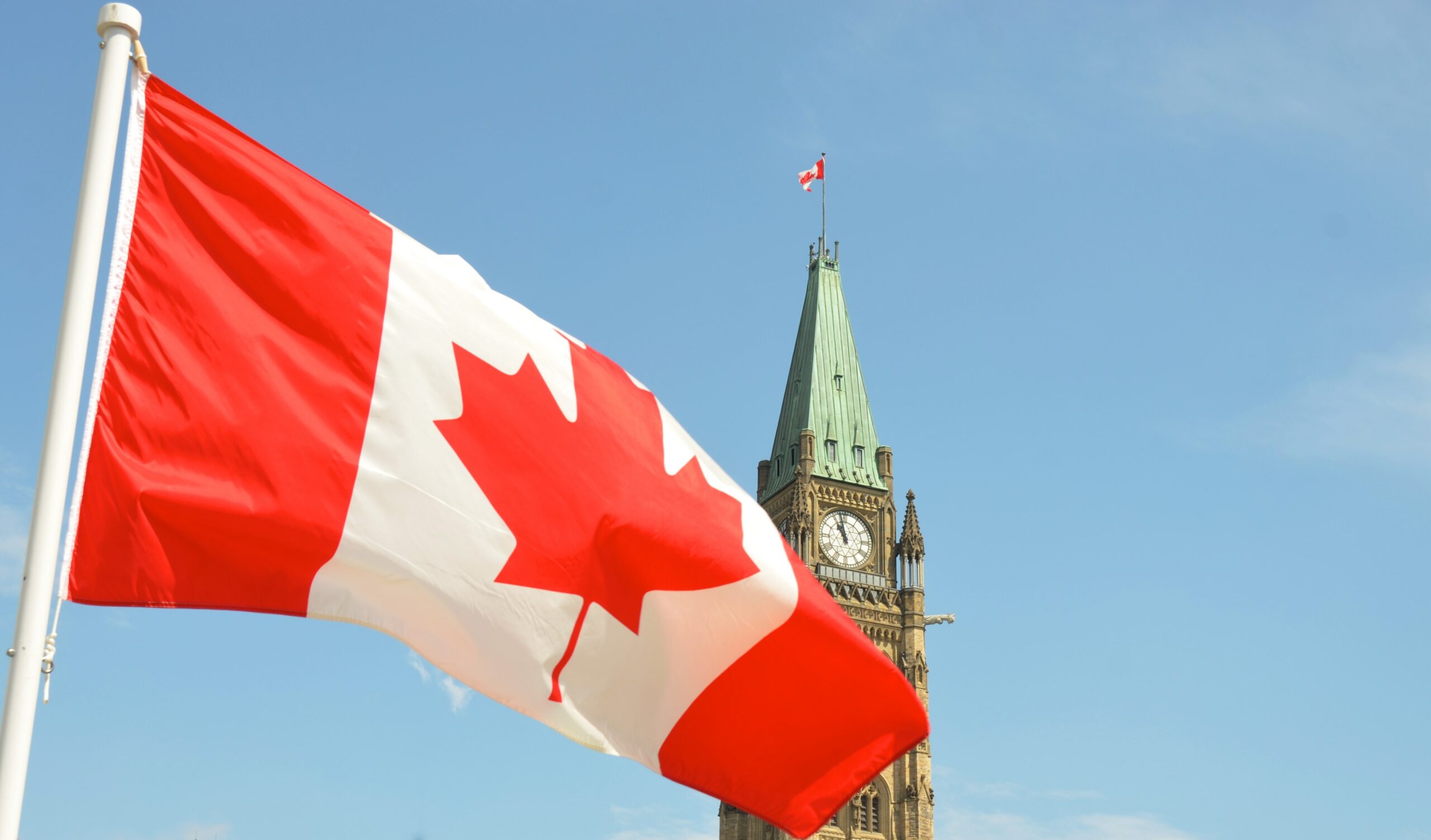
Canada has long been a symbol of hope and safety to refugees and asylum seekers from around the world. Our refugee protection laws, which are some of the most generous and progressive in the world, are a testament to our commitment to protecting and welcoming those who are in need. In this blog, I will discuss the different aspects of Canada’s refugee system, including who qualifies as a refugee in Canada, the application process, rights and obligations of refugees, and the impact of the refugee system on Canadian society. I will also look at the challenges that refugees face in Canada and the country’s response to refugee protection. Finally, I will compare Canada’s refugee system to other countries.
Introduction to Canada’s Refugee Protection Laws
Canada is renowned for its commitment to protecting the rights and safety of refugees and asylum seekers. Our refugee protection laws, which are outlined in the Immigration and Refugee Protection Act (IRPA) and the Convention Relating to the Status of Refugees, are some of the most progressive in the world. The IRPA outlines the eligibility requirements for refugee protection, the application process, and the rights and obligations of refugees. It also outlines the measures to be taken to protect refugees from persecution and provide them with the necessary assistance to help them integrate into Canadian society.
At the heart of our refugee system is the principle of non-refoulement, which prohibits the return of refugees to countries where they face a risk of persecution. This principle is enshrined in both domestic and international law and is a cornerstone of Canada’s refugee policy.
Overview of Canada’s Refugee System
Canada’s refugee system is designed to provide protection to those who are fleeing persecution and are unable to find safety in their country of origin. It is open to refugees from all countries and is based on the principle of non-refoulement.
The system is administered by Immigration, Refugees and Citizenship Canada (IRCC) and is designed to ensure that refugees receive the necessary assistance to help them integrate into Canadian society. The system is also designed to protect refugees from persecution and provide them with the necessary support to rebuild their lives in Canada.
In addition to providing protection, Canada’s refugee system also seeks to promote social integration and economic self-sufficiency. As part of this effort, the government provides refugees with access to language training, job search assistance, and other social and economic support programs.
Who Qualifies as a Refugee in Canada?
Under the IRPA, a refugee is defined as a person who is outside of their country of origin and is unable or unwilling to return due to a well-founded fear of persecution based on race, religion, nationality, political opinion, or membership of a particular social group. To be eligible for refugee protection in Canada, an individual must meet all of the eligibility criteria outlined in the IRPA.
In addition to meeting the eligibility criteria, applicants must demonstrate that they are genuinely in need of protection and that they do not pose a risk to the security of Canada. The IRPA also requires applicants to demonstrate that they have the skills and resources to successfully establish themselves in Canada.
The Refugee Application Process in Canada
The refugee application process begins with the submission of an application for refugee protection. Applications can be submitted online or in person at an IRCC office.
Once the application is submitted, it will be reviewed by an immigration officer to determine if the applicant meets the eligibility criteria for refugee protection. If the application is approved, the applicant will be invited to attend an interview with an immigration officer. The interview is designed to verify the information provided in the application and assess the applicant’s eligibility for refugee protection.
The final step in the process is a decision by an immigration officer. If the decision is positive, the applicant will be granted refugee protection. If the decision is negative, the applicant can appeal the decision or submit a new application.
Rights and Obligations of Refugees in Canada
Refugees who are granted protection in Canada are eligible to receive a range of rights and benefits, including the right to live and work in Canada, access to health care and education, and protection from deportation.
At the same time, refugees are also subject to certain obligations, such as the obligation to comply with Canadian laws, to report changes in their circumstances, and to provide accurate information when applying for refugee protection.
Canada’s Refugee Protection System and Its Impact on the Canadian Society
Canada’s generous and progressive refugee system has had a significant impact on the Canadian society. It has helped to create a more welcoming and diverse society, and has contributed to the economic and social development of the country.
The influx of refugees has also helped to boost the Canadian economy, creating jobs and stimulating economic growth. The presence of refugees has also helped to strengthen Canada’s international reputation as a safe and welcoming country for refugees and asylum seekers.
Canada’s Response to Refugee Protection
In response to challenges faced by refugees in Canada, the Canadian government has taken a number of steps to help refugees adjust to life in Canada and become self-sufficient. These include providing language training, employment assistance, and access to social services. The government has also increased funding for settlement services, which provide refugees with the necessary assistance to help them integrate into Canadian society.
Finally, the government has also taken steps to ensure that refugees have access to legal representation and to ensure that their rights are respected.
International Comparisons of Canada’s Refugee System
Canada’s refugee system is widely regarded as one of the most generous and progressive in the world. Compared to other countries, Canada has higher levels of refugee acceptance and more generous benefits and assistance for refugees.
In addition, refugees in Canada are provided with greater access to education and employment opportunities, as well as legal aid and social services. Canada also has a strong tradition of protecting the rights of refugees and providing them with the necessary assistance to help them rebuild their lives.
Conclusion
Canada’s refugee system is a beacon of hope for refugees and asylum seekers from around the world. Our generous and progressive laws provide refugees with protection from persecution and provide them with the necessary assistance to help them integrate into Canadian society. At the same time, refugees in Canada face many challenges, ranging from language barriers to cultural isolation. The Canadian government has taken steps to address these challenges, including providing language training, employment assistance, and access to social services. Canada’s refugee system is a testament to our commitment to protecting the rights and safety of refugees and asylum seekers. It is a beacon of hope for those who are in need and a reminder of our country’s commitment to providing safety and security to those who are seeking it.

About the author
Mr. Bhoj Bhatt is a Barrister and Solicitor registered with the Law Society of Ontario, Canada. With over 25 years of legal experience in multiple legal areas, he possesses unique legal expertise that he has honed through his diverse legal career.






